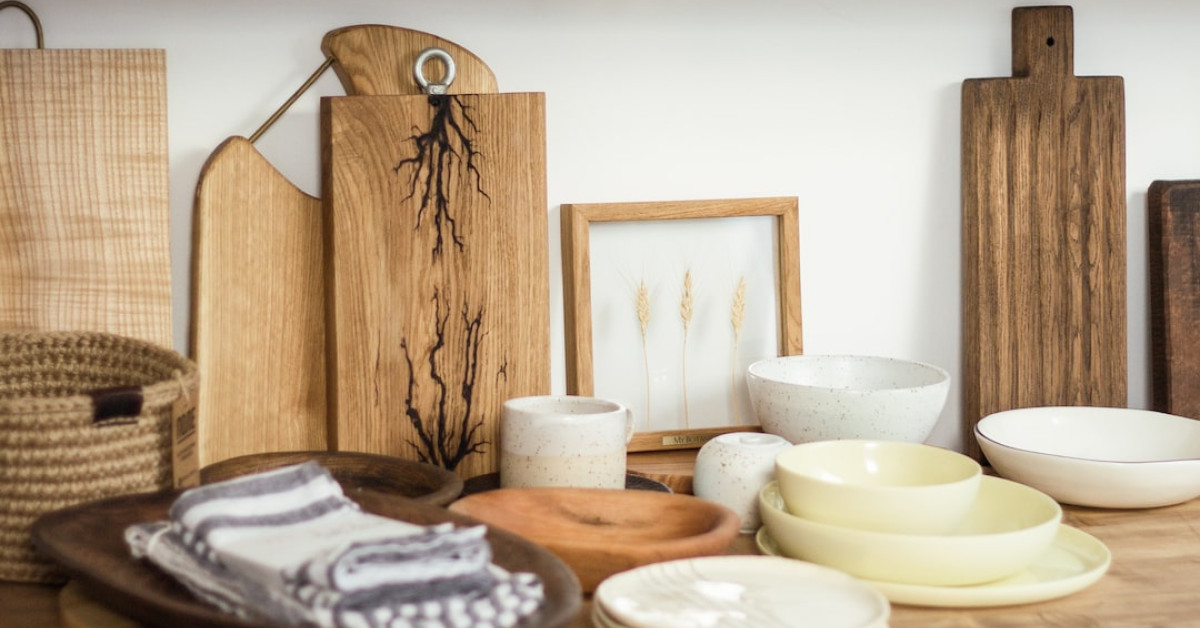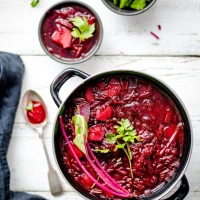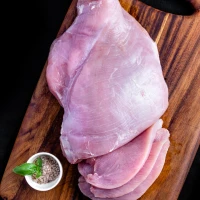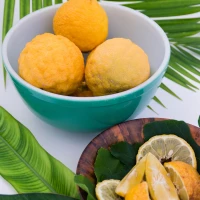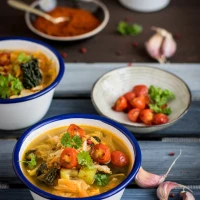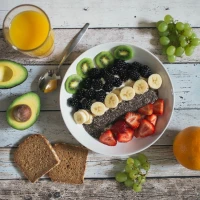When it comes to comfort food, few things hit the spot quite like a fajita bowl. This bowl food concept manages to merge convenience with flavor-packed ingredients, creating a dish that is both versatile and irresistible. The lure of a mouth-watering fajita bowl has found a way into the hearts of food lovers across the globe, proving that the fusion of tender meats, roasted vegetables, and zesty sauces can elevate the simple act of dining to an all-encompassing fiesta for the senses.
In this deep dive into the culinary world of fajita bowls, we will guide you through every sizzling layer, introducing you to the fragrant spices and diverse textures that make fajita bowls not just a meal but an experience. Whether you’re a seasoned chef or a budding kitchen enthusiast, by the end of this article, you will be ready to unleash the ultimate flavor fusion in your own kitchen.
The Beginnings of the Bowl Food Trend
A Look at the History
For centuries, cultures around the world have served meals in single-grinding bowl for herbs formats for convenience. However, the modern twist on ‘bowl food’ began to emerge as a popular trend in the culinary scene over the past few decades. Its appeal stems from both visual aesthetic and the ease with which a well-rounded meal can be enjoyed on the go.
Embracing the Bowl Movement
The concept of teriyaki chicken bowl food has been wholeheartedly embraced by those seeking a balance between nutritious eating and fast-paced lifestyles. The fajita bowl epitomizes this balance by providing a meal that is:
- Packed with a variety of food groups
- Easily customizable to accommodate dietary needs
- Perfect for batch cooking and meal prep
Adaptpioneer woman egg roll in a bowlg the storied tradition of fajitas into a bowl format highlights the versatility of the dish while remaining true to its flavorful roots.
The Essence of a Flavorful Fajita Bowl
Constructing the Base
The foundation of a fajita bowl is typically rice, which acts as a neutral stage upon which the other components perform their zesty dance. The rice absorbs the rich flavors and complements the textures of the toppings.
Selecting the Protein
The soul of the fajita bowl lies in its protein choice. The traditional fajita calls for strips of marinated beef or chicken, seared to perfection. However, plant-based alternatives, like beans and tofu, have also gained popularity.
Vegetables: The Color Palette
Choosing the right mix of vegetables is essential. Bell peppers and onions are classic staples, while adding corn, zucchini, or mushrooms can introduce a delightful complexity to the palate.
The Role of Toppings and Sauces
To truly unlock the fajita taco salad bowl fiesta, one must not overlook the importance of toppings and sauces. Fresh salsa, creamy guacamole, shredded cheese, and a squeeze of lime juice are just a few of the condiments that can elevate your bowl to new heights.
Crafting Your Fajita Bowl Step by Step
Creating the ultimate fajita costco chicken teriyaki bowl is an artful process that involves layering flavors and textures. Let’s take it step by step, ensuring your culinary creation is imbued with authenticity and zing.
Step 1: The Rice
Starting with a fluffy base of perfectly cooked rice, you’ll want to choose whether to go with a classic white, a nutrient-rich brown, or an adventurous blend of wild rice.
Step 2: The Protein
Your choice of protein should be marinated in a blend of spices, such as cumin, chili powder, and lime, then grilled or pan-seared. For a vegetarian fajita bowl, roasted chickpeas or grilled portobello mushrooms make excellent substitutes.
Step 3: Sautéed Veggies
A mix of thinly sliced bell peppers and onions should be sautéed to a toothsome tenderness. The trick is to let them caramelize slightly, releasing their natural sugars and enhancing the flavor profile.
Step 4: Incorporating the Extras
Black beans, corn, and diced tomatoes add a fiesta of fiber and taste to the bowl, creating a well-rounded and satisfying meal.
Step 5: Topping it off
Generously sprinkle your choice of cheese, dollop sour cream, and scatter freshly chopped cilantro. The final touch? A drizzle of spicy fajita sauce or a scoop of pico de gallo for a fiery kick.
Choosing the Right Ingredients: Quality is Key
The secret to the ultimate fajita bowl lies in the quality of ingredients. Using fresh vegetables, high-quality proteins, and authentic spices can make the difference between an ordinary meal and a culinary journey.
The Role of Spices
Spices are the essence of fajita bowls, imparting both color and robust flavors. From smoked paprika to ground coriander, the right combination will transport your taste buds straight to a festive Tex-Mex market.
The Importance of Fresh Produce
When selecting peppers and onions, look for firm, vibrant specimens. Freshness in your produce means brighter flavors and a more appealing presentation.
Selecting Proteins
Whether you opt for animal or plant-based protein, ensure that your selection is of the highest quality. Organically raised meats and non-GMO tofu contribute to a more sustainable and healthful meal.
The Nutritional Profile of a Fajita Bowl
A Balance of Macronutrients
Fajita bowls are not just a feast for the senses; they’re also a powerhouse of vital macronutrients. The combination of lean protein, complex carbohydrates, and healthy fats provides sustained energy and satiety.
High in Fiber and Vitamins
With a generous helping of vegetables and beans, fajita bowls are rich in dietary fiber and a spectrum of vitamins, making them a beneficial choice for gut health and overall well-being.
Adaptable to Various Diets
Whether you’re following a gluten-free, ketogenic, or vegetarian diet, the fajita bowl is highly adaptable and can be modified to meet your nutritional needs without sacrificing flavor.
Tips for Making the Perfect Fajita Bowl at Home
Effortlessly creating the perfect fajita bowl at home requires a few insider tips. Here are some secrets to help you master the culinary art of this dish:
- Marinate your protein for several hours, if not overnight, to ensure maximum tenderness and flavor infusion.
- Use a piping hot cast-iron skillet for searing your meats and vegetables to achieve that quintessential charred edge.
- Prep your ingredients ahead of time to make the assembly process smooth and enjoyable.
Hosting a Fajita Bowl Party: A Themed Night In
The Setup
Invite guests to create their own fajita bowl masterpiece by laying out an array of ingredients buffet-style. Provide an assortment of bowls, having plenty of rice and proteins at the base, with an abundance of toppings to choose from.
Interactive Entertainment
Encourage creativity and interactive fun as your guests mix and match components, creating their own personalized flavor profiles. This not only makes for a lively dining experience but also caters to individual preferences and dietary restrictions.
The Perfect Ambiance
To set the mood, curate a playlist of lively Latin beats and consider decorating your space with vibrant colors to evoke a festive atmosphere.
Pairing Your Fajita Bowl with the Right Beverage
Traditional Complements
To round off your meal, consider serving refreshing margaritas or ice-cold cervezas. For a non-alcoholic option, agua fresca or freshly squeezed limeade can be equally delightful.
Wine Pairings
For wine enthusiasts, a crisp rosé or a light-bodied red wine, such as a Pinot Noir, can be an excellent match for the spicy and savory notes of a fajita bowl.
Conclusion: The Fajita Bowl Phenomenon
The fajita bowl fiesta is more than just another culinary trend—it’s a testament to how the comfort of bowl food and the zest of Mexican cuisine can come together to create something truly extraordinary. With its myriad of flavors and textures, the fajita bowl stands as a delicious emblem of culinary fusion, providing a customizable and nutritious meal for all to savor.
Whether it’s a family dinner, a meal prep Sunday, or a themed party with friends, the fajita bowl is the ultimate comfort dish that brings people together. After all, in each carefully constructed layer and every bold spice lies an invitation—to explore, to savor, and to celebrate the rich tapestry of flavors that can only be found in the humble embrace of a fajita bowl.
